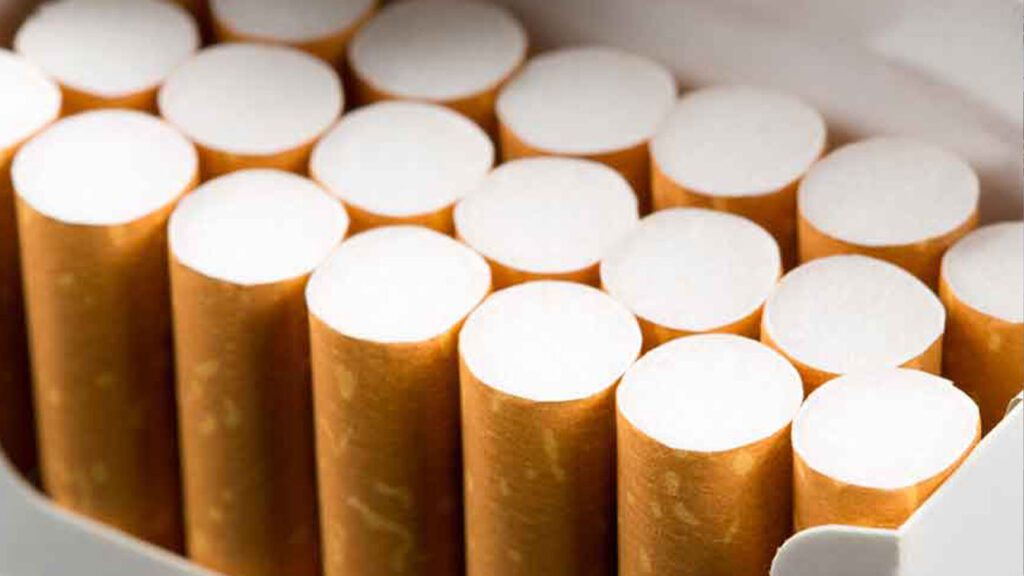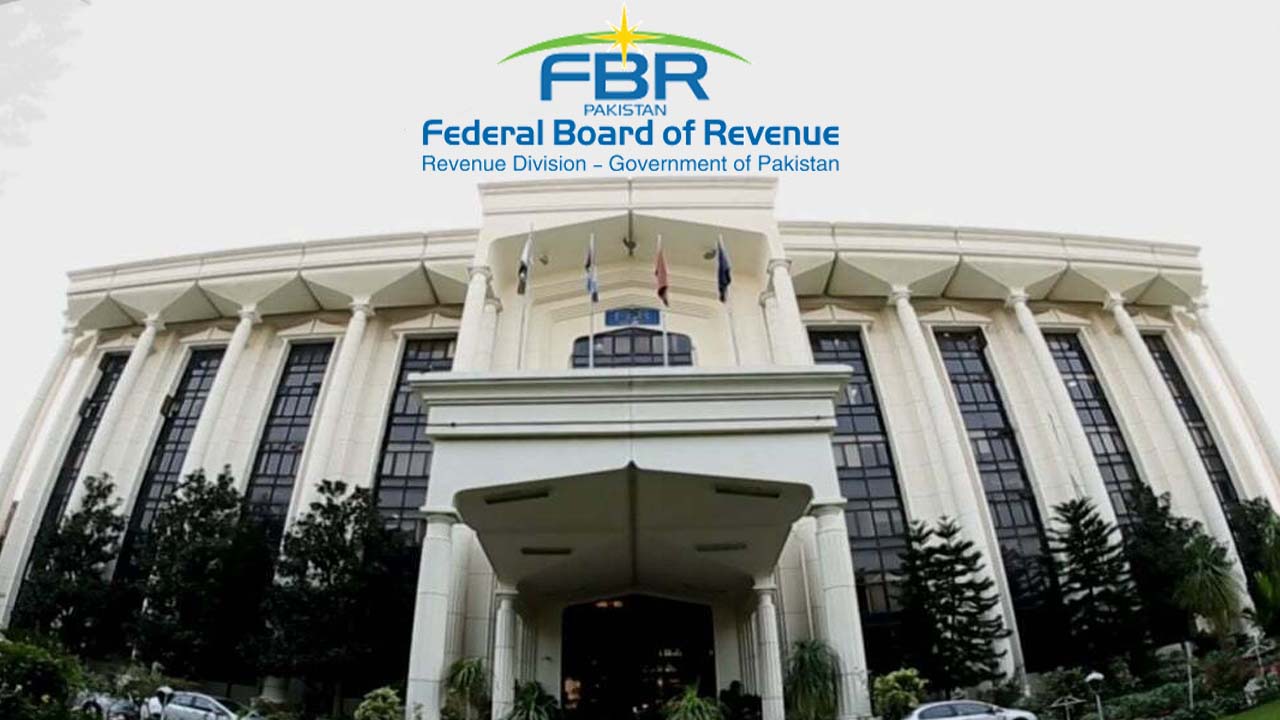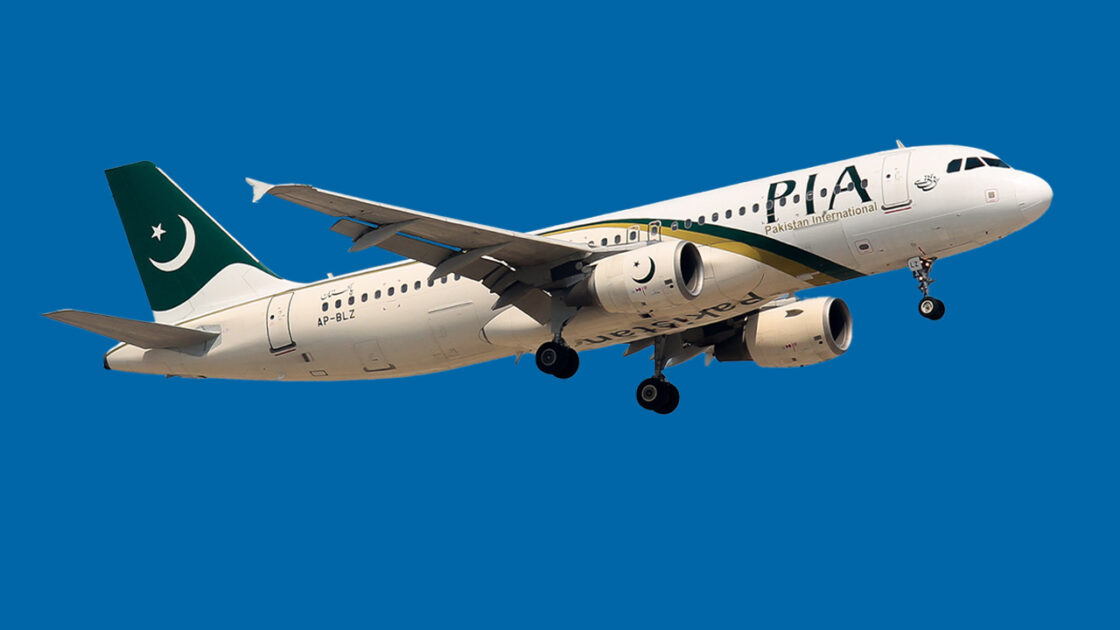- Web Desk
- 4 Hours ago
Call for increased FED on cigarettes to curb rising consumption
-
- Web Desk
- Apr 21, 2024

ISLAMABAD: Health experts have urged the implementation of the World Bank’s recommendation to increase the Federal Excise Duty (FED) on cigarettes, citing the snowballing economic burden in terms of public health and economic costs due to rising cigarette consumption.
“Raising FED on cigarettes will help stem the steady rise in consumption and ensure a healthier future for Pakistan’s youth,” said Center for Research and Dialogue Director Amjad Qamar.
Qamar highlighted that Pakistan ranks among the largest tobacco-consuming countries, with low cigarette prices being a major contributing factor. “Cigarettes are more affordable in Pakistan compared to the rest of the region,” he noted.
Taxation policies of successive governments have failed to generate sufficient revenue or effectively curb the alarmingly high smoking rate, often due to industry influence, particularly by multinational companies.
According to the Federal Board of Revenue (FBR) yearbooks, the country has lost Rs567 billion in revenue over the last seven years due to inadequate taxation on tobacco products.
On the other hand, a study by the Pakistan Institute of Development Economics (PIDE) estimated that smoking-related diseases and deaths cost Rs615.07 billion ($3.85 billion) in 2019, equivalent to 1.6% of the GDP.
Campaign for Tobacco-Free Kids Country Director Malik Imran Ahmf referenced the World Bank’s ‘Pakistan Development Update’ report, stating that applying the current rate of Rs16.50 per cigarette (applicable to premium cigarettes) to standard cigarettes could yield a significant revenue gain of 0.4 per cent of GDP (Rs505.26 billion).
The report underscores the potential economic and health benefits of this measure, emphasizing the importance of aligning cigarette taxation with World Bank recommendations to safeguard the health and well-being of Pakistan’s children.
Imran stressed that higher excise duty on cigarettes not only deters smoking but also generates much-needed revenue for essential public services.
Earlier, the International Monetary Fund (IMF) also recommended Pakistan overhaul its tax system and tax non-essential items, including cigarettes, to boost revenue and improve public health.
The IMF’s Technical Assistance Report titled “Pakistan Tax Policy Diagnostic and Reform Options,” released in February, highlighted a notable decline of 20-25 percent in cigarette consumption following substantial tax increases on tobacco products.




